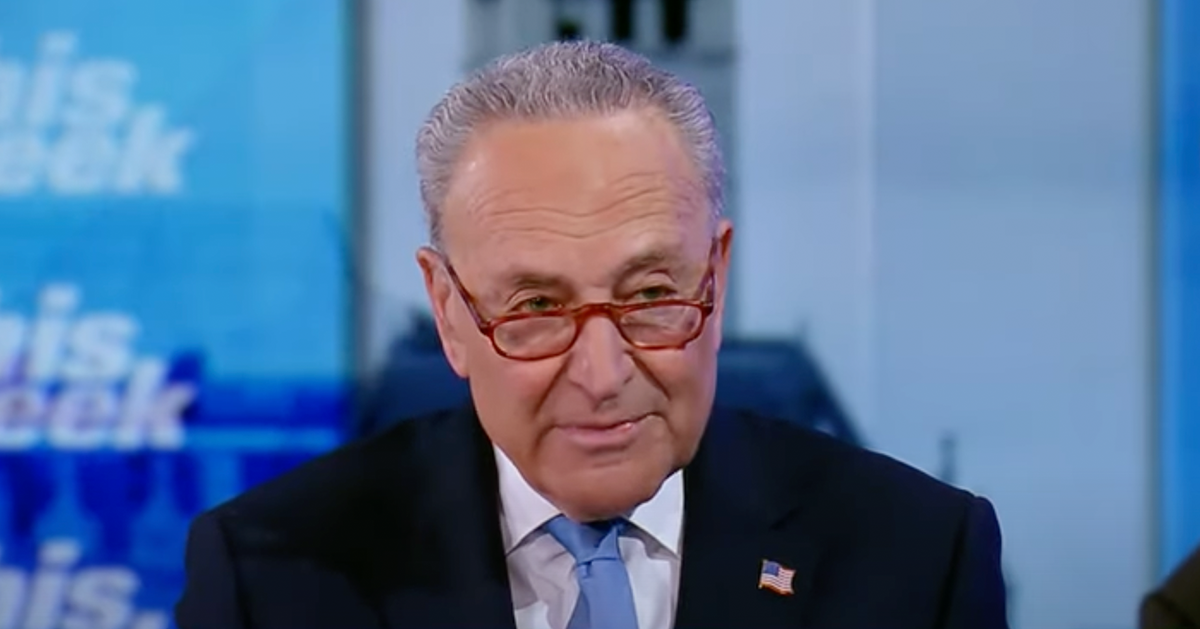Nike CEO John Donahoe Abruptly Resigns as Veteran Elliott Hill Rejoins Struggling Brand
John Donahoe, Nike’s president and CEO, has announced his sudden departure from the company after nearly five years in the position.
His tenure, which began in early 2020, has been marked by ambitious strategic shifts but also significant challenges that have affected Nike’s market standing, and now Donahoe will officially retire, making way for a new era of leadership when former Nike veteran Elliott Hill steps into the role, as the Daily Mail reports.
Donahoe’s exit comes amid declining sales and increased competition, prompting Nike to turn to Hill, a 32-year veteran of the company, to lead its turnaround efforts.
The executive's leadership was defined by a bold pivot in Nike’s sales strategy, focusing heavily on a direct-to-consumer (DTC) approach. This move saw the company sever ties with numerous retail partners and place greater emphasis on digital sales.
For a time, the strategy seemed successful, with Nike reporting over $50 billion in annual sales during the 2023 fiscal year. However, as market conditions shifted, Nike’s growth slowed, and by the 2025 fiscal year, annual sales had fallen to $48.87 billion.
Nike Struggles to Maintain Market Momentum
While Donahoe’s initial strategy helped boost sales temporarily, the shift away from retail partners hurt Nike’s long-term growth. Post-pandemic, the company struggled to maintain the momentum of direct-to-consumer sales, which had become a key pillar of its approach.
The company was forced to reestablish relationships with brick-and-mortar retailers, a significant change from its earlier direction. Additionally, digital sales suffered a sharp decline, dropping 10% in the most recent quarter compared to the previous year.
Analysts have pointed to several of Donahoe’s missteps, including an over-reliance on limited-edition shoes and the strain created by cutting ties with established retail partners. Billionaire investor William Ackman’s Pershing Square Capital Management, which holds 16.3 million shares of Nike, has likely felt the effects of these struggles, further increasing pressure on the company’s leadership.
Elliott Hill Returns to Nike with Optimism
Hill’s return to Nike has been met with optimism from analysts and investors alike. Having spent 32 years at the company, Hill’s familiarity with Nike’s culture, as well as his extensive experience in senior roles across Europe and North America, positions him as a trusted leader to navigate the brand’s current challenges.
Hill’s expertise in growing Nike’s business to over $39 billion during his previous tenure, particularly his success with the Jordan brand, has been highlighted as an asset in helping Nike regain its market momentum. Analyst Jessica Ramirez noted, “The CEO change gives a positive signal because it is someone that knows the brand and knows the company very well.”
Hill’s compensation package will include an annual base salary of $1.5 million, reflecting the high expectations placed upon him to revitalize Nike’s fortunes. His leadership comes at a critical time, with Nike’s stock market value having increased by $11 billion following the announcement of his return, suggesting confidence in Hill’s ability to steer the brand toward recovery.
Challenges Ahead for Nike and Hill
Despite the optimism surrounding Hill’s return, challenges remain. Analysts such as David Swartz have pointed out that Hill’s first order of business will be to repair relationships with retail partners who were alienated during Donahoe’s tenure. Swartz emphasized, “Hill will have to work on repairing some of Nike's relationships with retail partners who buy Nike shoes at wholesale.”
Nike’s decision to cut back on certain products and pull away from some retail customers during Donahoe’s time as CEO created tension between the brand and these partners. Swartz added, “Nike has dropped some customers over the years and pulled back some products, and that has created some ill-will towards Nike.” Hill will need to address these relationships and reestablish goodwill in order to bolster the company’s wholesale business and reignite growth.
Cost-Cutting Measures to Boost Efficiency
As part of its efforts to regain its footing, Nike has implemented a $2 billion cost-saving plan. This initiative includes measures such as cutting jobs, reducing the supply of classic shoes, and streamlining the company’s supply chain operations. While these steps aim to improve efficiency, it remains to be seen how they will impact Nike’s overall performance, particularly as the company seeks to navigate a more competitive market landscape.
Nike’s recent struggles have put pressure on its leadership to innovate and adapt to changing market conditions. Thomas Hayes, another industry analyst, commented, “Hill is a great pick. Nike now needs to innovate and repair relationships with wholesalers.” The emphasis on innovation and relationship-building will be key to Hill’s strategy as he takes on his new role.
Nike Looks to the Future
With Elliott Hill’s return, Nike is signaling a renewed focus on stabilizing its business and improving its relationships with both retail partners and consumers. Hill’s deep knowledge of Nike’s internal operations, as well as his success in growing the brand in the past, will be essential as the company seeks to regain its competitive edge.
In the coming months, the focus will be on how Hill addresses the issues that arose under Donahoe’s leadership and whether his familiarity with the company’s culture can translate into meaningful change. Investors and analysts alike will be closely watching for signs of improvement, particularly in terms of sales growth and the success of Nike’s evolving strategy.
In conclusion, Nike is at a turning point as John Donahoe steps down and Elliott Hill returns to lead the brand through a period of transformation. Hill’s experience and knowledge of the company make him a promising candidate to tackle the challenges ahead, from repairing retail relationships to boosting innovation.






